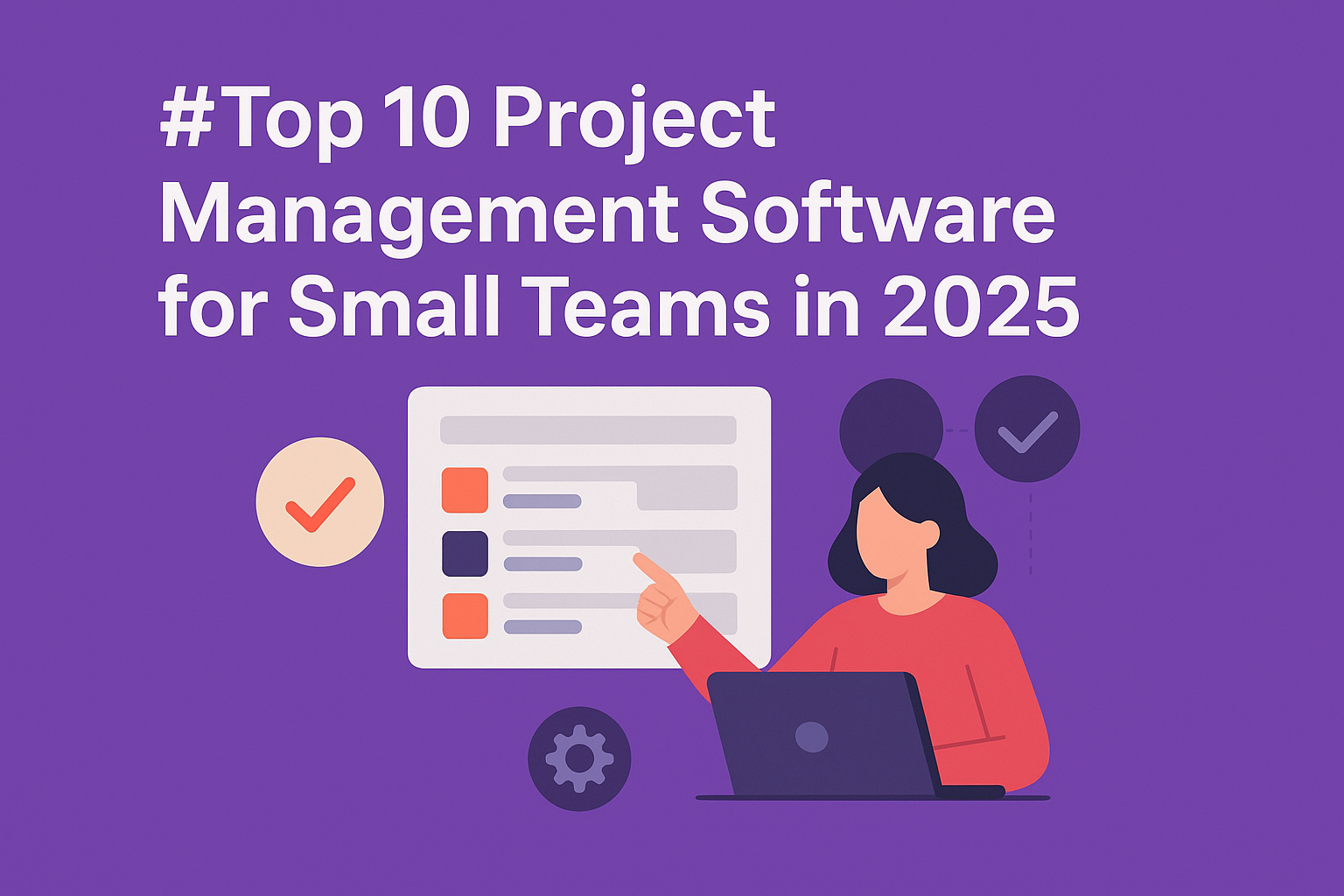Introduction
For small businesses and growing eCommerce stores, managing inventory is one of the biggest challenges. Poor stock management leads to overstocking, lost sales, and unhappy customers. That’s where inventory management software steps in.
In 2025, modern tools allow businesses to track products in real-time, automate reordering, and integrate sales data. Whether you’re selling physical products, running a blog store, or scaling through affiliate marketing with hosting, inventory software can streamline your operations.
What Is Inventory Management Software?
Inventory management software is a digital solution that helps businesses monitor stock levels, track product movement, forecast demand, and manage supply chains.
It’s not just for big retailers anymore. Affordable and cloud-based tools are now accessible for startups, small shops, and online businesses.
Why Businesses Need Inventory Management Software
- Real-Time Stock Tracking – Avoid overstocking and stockouts.
- Time Savings – Automates manual work like updating spreadsheets.
- Reduced Errors – Minimizes mistakes in order fulfillment.
- Data-Driven Decisions – Helps forecast demand and plan purchasing.
- Integration – Works alongside CRM tools, AI tools for content creators, and eCommerce platforms.
Key Features of Inventory Management Software
1. Stock Monitoring
Track items in real-time across warehouses or stores.
2. Barcode & QR Code Scanning
Simplifies product tracking and reduces manual entry.
3. Automated Reordering
Software alerts you when stock is low and can automatically place purchase orders.
4. Sales & Purchase Order Management
Keeps orders organized from suppliers and customers.
5. Reporting & Analytics
Provides insights into sales patterns, seasonal demand, and best-selling products.
6. Integrations
Links with platforms like Shopify, WooCommerce, Amazon, and even WordPress hosting websites.
Top Inventory Management Software in 2025
1. TradeGecko (QuickBooks Commerce)
- Best for small retailers
- Cloud-based with multi-channel selling support
- Pricing: $39/month
2. Zoho Inventory
- Affordable and simple to use
- Features: multi-warehouse support, integrations with Amazon/eBay
- Pricing: Free plan available; paid from $29/month
3. Cin7
- Best for medium-sized businesses
- Features: POS system, B2B and B2C integration
- Pricing: Starts at $325/month
4. Fishbowl Inventory
- Works with QuickBooks and Xero
- Strong manufacturing support
- Pricing: Custom quotes
5. Odoo Inventory
- Open-source and highly customizable
- Features: barcode scanning, warehouse automation
- Pricing: Free community edition; paid starts at $24/month
6. NetSuite ERP (Oracle)
- Enterprise-level inventory solution
- Advanced analytics, financial management, supply chain support
- Pricing: Custom enterprise pricing
7. Katana
- Designed for small manufacturers
- Features: real-time production scheduling, order tracking
- Pricing: $129/month
8. Sortly
- Very easy to use for startups
- Features: mobile app, QR code tracking
- Pricing: Free basic plan; paid starts at $25/month
9. inFlow Inventory
- Great for wholesalers and distributors
- Features: barcode scanning, invoicing, purchasing tools
- Pricing: Starts at $89/month
10. DEAR Systems
- Cloud-based inventory + accounting
- Features: order tracking, POS integration, warehouse automation
- Pricing: Starts at $325/month
Pricing of Inventory Management Software
Pricing varies based on business size and features:
- Small businesses: $0 – $50/month (Zoho Inventory, Sortly)
- Medium businesses: $50 – $300/month (Katana, inFlow)
- Enterprises: $300+ per month (Cin7, NetSuite, DEAR Systems)
💡 Just like investing in SEO for beginners or earning money from blogging in 2025, spending on the right inventory software is an investment in business growth.
Benefits of Inventory Management Software
- Efficiency Boost – Less manual work, faster operations.
- Cost Savings – Prevents overstock and wastage.
- Improved Customer Experience – Timely deliveries and accurate stock updates.
- Scalability – Easily manage hundreds or thousands of SKUs as your business grows.
- Better Decisions – Data helps you choose what to sell, when, and where.
Comparison Table
| Software | Best For | Starting Price | Free Plan |
|---|---|---|---|
| TradeGecko | Small retailers | $39/mo | ❌ |
| Zoho Inventory | Affordable startups | $29/mo | ✅ |
| Cin7 | Mid-size businesses | $325/mo | ❌ |
| Fishbowl | Manufacturing + SMB | Custom | ❌ |
| Odoo Inventory | Customizable (open) | $24/mo | ✅ |
| NetSuite ERP | Enterprises | Custom | ❌ |
| Katana | Small manufacturers | $129/mo | ❌ |
| Sortly | Startups | $25/mo | ✅ |
| inFlow | Wholesalers | $89/mo | ❌ |
| DEAR Systems | Enterprises | $325/mo | ❌ |
Conclusion
Inventory management software is no longer a luxury—it’s a necessity for businesses in 2025.
- Zoho Inventory is the best budget-friendly tool.
- Katana works well for small manufacturers.
- Cin7 & NetSuite are ideal for larger businesses with complex needs.
- Sortly is the simplest choice for startups.
When combined with strategies like AI-powered content tools, affiliate marketing, and solid SEO, inventory software helps businesses grow smarter and faster.
